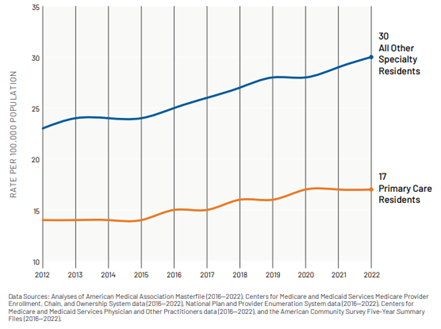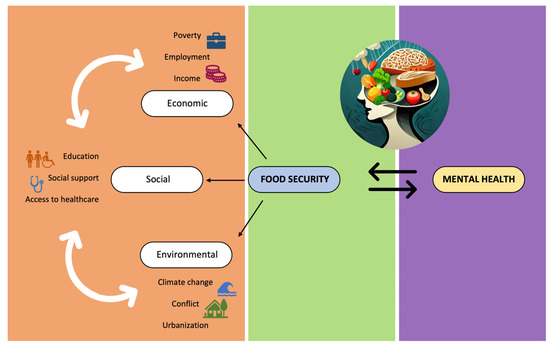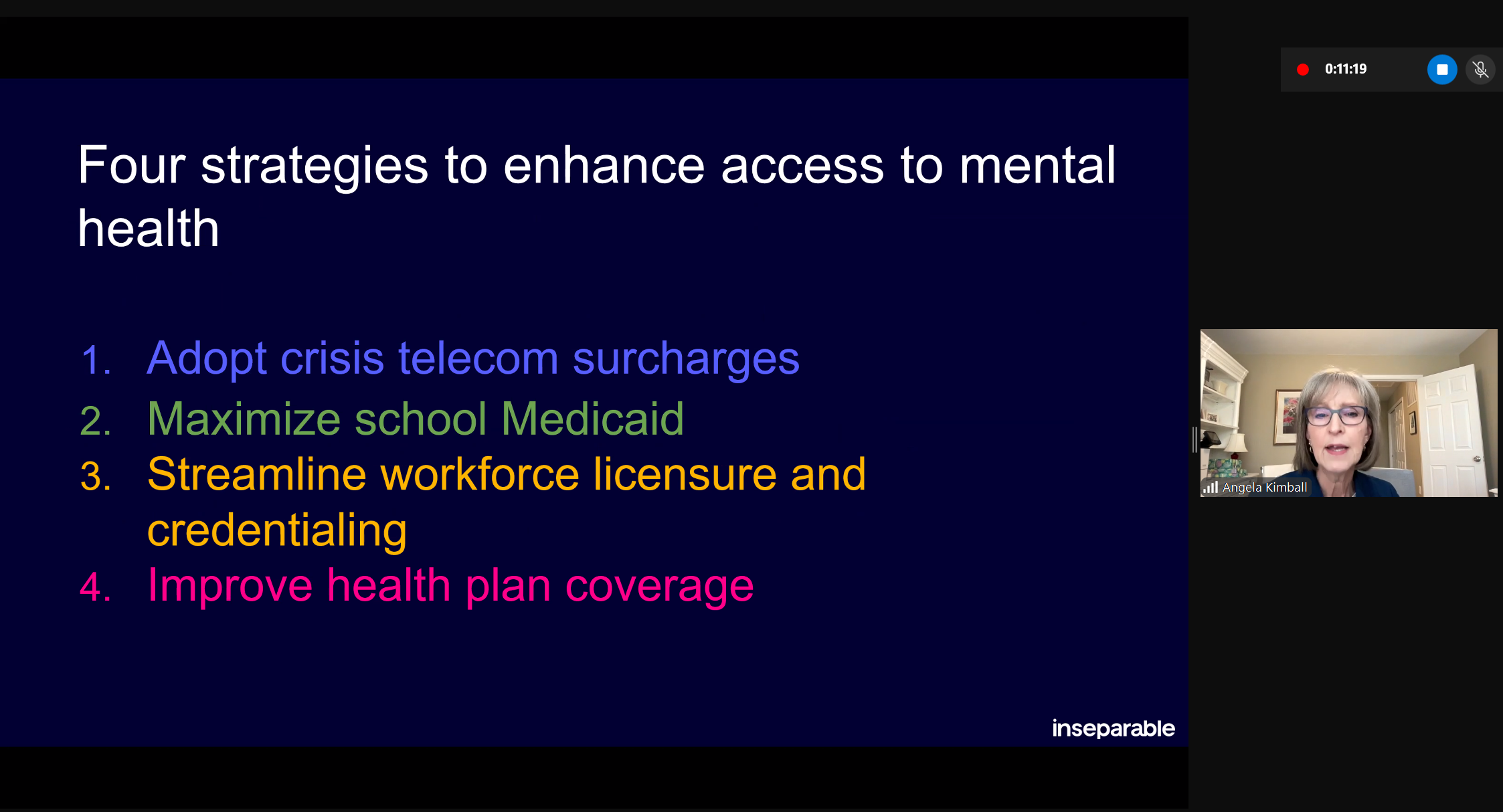On January 17, 2024, the National Governors Association Children & Families team hosted the monthly Human Services Policy Advisors Institute on supporting the ECE workforce through early childhood apprenticeships.
Challenges persist within the child care sector as it struggles to regain jobs lost during the pandemic-induced recession: As of September 2023, the child care sector was still down about 39,400 workers compared with February 2020 levels. Additionally, when adjusting for inflation, wages between 2015 and 2022 increased by only $1.70 for child care workers and $0.10 for preschool teachers (CAP 2023), which only exacerbates challenges of attracting a qualified workforce. To address this challenge, states are leveraging early childhood apprenticeship models as a lever for increasing and supporting the workforce. States have leveraged flexible federal COVID relief dollars and other federal and state investments to adopt and implement these models to support a skilled and credentialed workforce. This month’s Human Services Policy Advisors Institute explored state models for supporting, developing, and executing early childhood apprenticeships.
Speakers
- Lori Moses, Coordinator of Apprenticeship and Credential Programs, Maine Roads to Quality Professional Development Network
- Jennifer Conkle, Statewide Program Manager, West Virginia Apprenticeship for Child Development Specialist
Key Takeaways
- Trending among states: Identifying sustainable funding streams to support early childhood apprenticeships and other ECE workforce investments.
- Leveraging early childhood apprenticeships helps support the ECE workforce by relying on both recruitment and retention levers, advancing a credentialed and highly skilled workforce.
- West Virginia discussed long lasting success of supporting early childhood apprenticeships while Maine presented promising results of a new program.
Maine
Lori Moses highlighted Maine’s efforts to increase wages for the ECE workforce through the development of a new early childhood apprenticeship program. In 2021, the median wage in Maine for center-based child care providers was $14.31, and Maine’s efforts resulted in increasing wages to $15.42 in 2023.
Maine maintains two pathways for apprentices, the Early Childhood Specialist 1, and the Early Childhood Specialist 2 where individuals can also earn credentials, including an infant toddler credential, a youth development credential, a family child care credential, and/or their preschool CDA.
Moses also highlighted their investment and incentives to employers, with each participating employer receiving $10,000/year in wage supplements in the first two years, and $5,000/year in retention supplements for the third year. Participating mentors for apprentices also receive a $2,400 stipend/year for the first two years.
After a successful pilot in 2021 – 2022, Maine has seen a successful results from this program:
Year One (2022 – 2023)
- 7 of the 9 apprentices will be receiving their infant toddler credential in April 2024.
- 6 Sponsoring employees (including 2 family child care programs)
Year Two (2023 – 2024)
- 10 new apprentices
- 5 new sponsoring employers (including 1 family child care program)
- 4 registered apprentices (RAs) pursuing their preschool CDA
- 6 pursing their infant toddler credential
West Virginia
Jennifer Conkle presented West Virginia’s apprenticeship for child development specialist (ACDS), the nation’s first early childhood apprenticeship dating back to 1989. The ACDS serves the entire state of West Virginia, is taught by trained instructors, and spans four semesters (15 weeks each, one night a week, and $25 per semester), making it accessible for those in the ECE field. West Virginia partners with several entities across the state, including,
- Child care centers
- Family child care
- Head Start
- Board of Educations
- Private Preschools
- Home visitation
- Afterschool programs
West Virginia continues to see growth and interest in their program, with 92 graduates in 2021, 49 graduates in 2022, and 100 graduates in 2023. As of January 2024, 421 individuals were registered for the Spring 2024 semester.
Along with skill and knowledge development, benefits for ACDS graduates include:
- Pay raises
- Eligibility for higher paid positions
- College credits towards an associate’s degree in early care and education
- Earnings incentives












